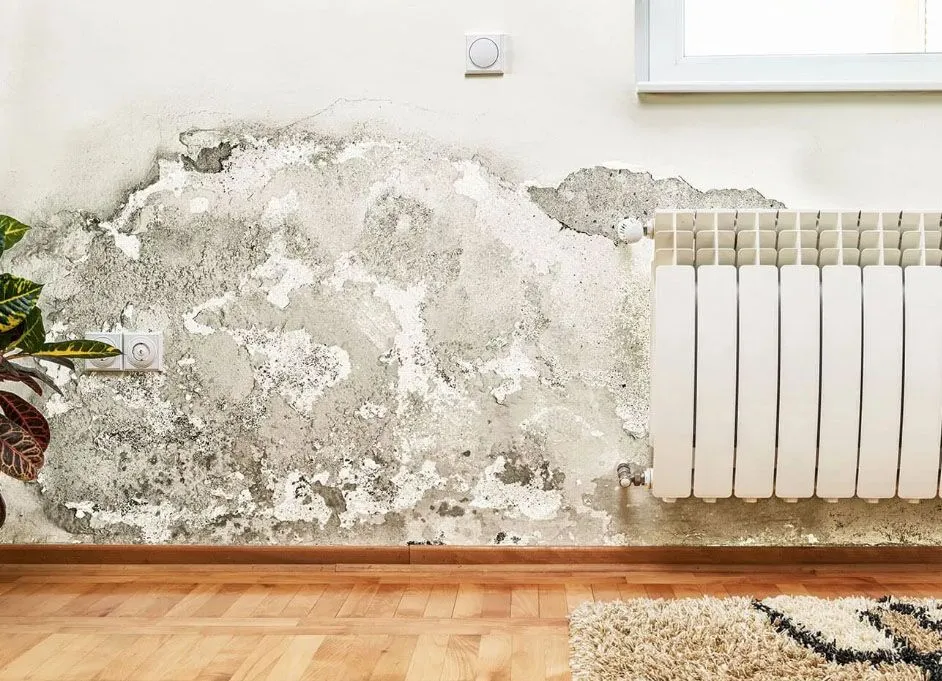Are you constantly feeling under the weather despite being at home? The culprit might not be a seasonal bug or a passing flu—it could be mold lurking within the confines of your home. Mold, often unseen but not unfelt, can wreak havoc on your health, leading to persistent sickness and discomfort. Discover how identifying and addressing mold issues can be pivotal in reclaiming a healthier living environment. In this article, we’ll delve into the detrimental effects of mold on your health and provide effective solutions to mitigate its impact.
Unbeknownst to many homeowners, mold can thrive in various damp, dark, and neglected corners of a residence. From basements to bathrooms, attics to crawl spaces, mold spores can settle and proliferate, posing significant health risks to occupants. The presence of mold can trigger allergic reactions, respiratory problems, and exacerbate existing health conditions. Symptoms such as coughing, sneezing, throat irritation, and persistent fatigue may indicate prolonged exposure to mold.
- Understanding the Health Effects of Mold:
- Explore the various health issues associated with mold exposure, including respiratory problems, allergies, and skin irritation.
- Highlight the importance of recognizing the symptoms of mold-related illnesses, such as coughing, sneezing, fatigue, and headaches.
- Identifying Mold in Your Home:
- Educate readers on how to detect mold growth in different areas of their homes, such as bathrooms, basements, and kitchens.
- Provide insights into common signs of mold infestation, such as musty odors and visible mold patches on walls or ceilings.
- Impact of Mold on Indoor Air Quality:
- Discuss the adverse effects of mold on indoor air quality and its potential to exacerbate respiratory conditions.
- Emphasize the significance of maintaining clean and well-ventilated indoor environments to prevent mold growth.
- Effective Mold Remediation Strategies:
- Offer practical tips for removing mold from various surfaces using safe and environmentally friendly methods.
- Recommend hiring professional mold remediation services for thorough inspection and treatment of mold-infested areas.
- Preventive Measures to Combat Mold:
- Suggest proactive measures to prevent mold growth, such as controlling humidity levels, fixing leaks, and improving ventilation.
- Encourage regular maintenance and inspection of homes to identify and address mold issues promptly.
To mitigate the adverse effects of mold, proactive measures must be taken. Regular inspections for moisture buildup, adequate ventilation, and prompt remediation of water leaks are crucial steps in preventing mold growth. Investing in quality air purifiers and dehumidifiers can also aid in maintaining optimal indoor air quality and reducing mold proliferation.
Furthermore, seeking professional assistance for thorough mold inspection and remediation is paramount, especially in cases of extensive mold infestation. Trained specialists can accurately assess the extent of mold contamination, implement targeted remediation strategies, and ensure a safe and mold-free living environment for occupants.
Don’t let mold compromise your health and well-being. By understanding its impact and implementing effective remediation and preventive strategies, you can create a healthier and safer living environment for you and your family. Take proactive steps today to combat mold and enjoy a happier, healthier home.

